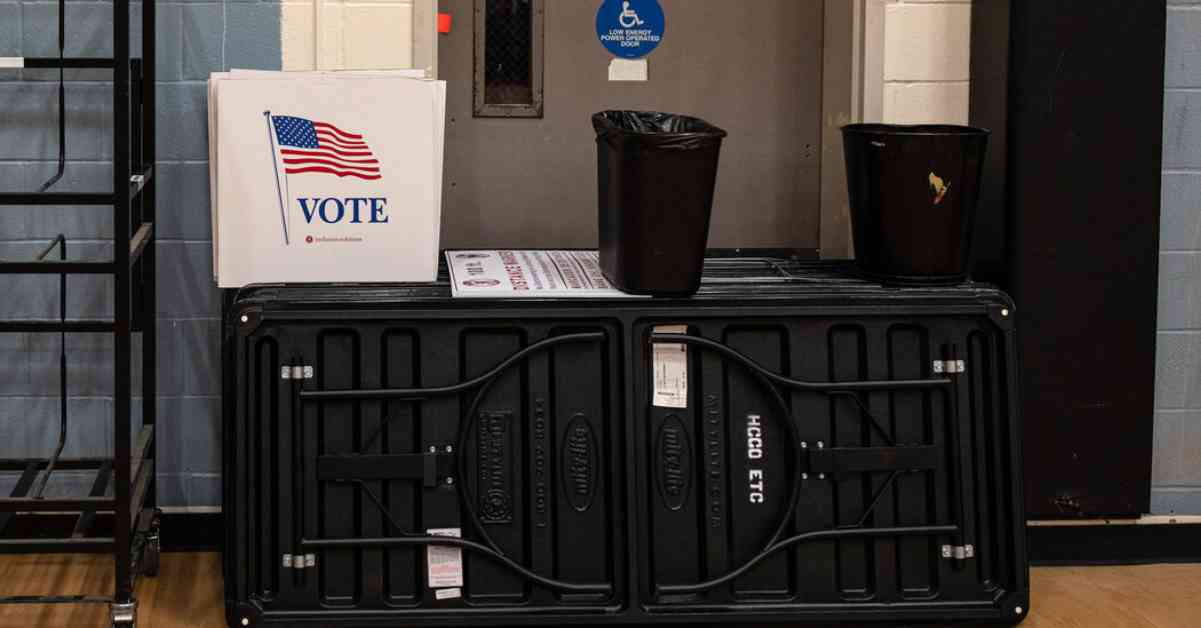The U.S. Court of Appeals for the Fifth Circuit recently made a significant ruling in a Texas case that has implications beyond just that state. The court decided that members of different minority groups cannot come together to argue that their voting power has been weakened. This decision goes against previous legal precedents and could have a national impact.
The ruling specifically applies to Louisiana, Mississippi, and Texas, which fall under the jurisdiction of the Fifth Circuit. However, the implications of this decision could extend to other states as well, depending on how it is interpreted and applied in future cases. It is possible that this ruling may be appealed to the Supreme Court for further review.
The case in question involved the redrawing of district boundaries for county commissioners in Galveston County, Texas. The new map reduced the combined voting power of Black and Hispanic voters in one district from a majority to just 38 percent. A lawsuit was filed, claiming that this change violated the Voting Rights Act, which prohibits actions that diminish the voting strength of minority groups.
While a lower court and a three-judge appellate panel initially ruled in favor of the plaintiffs, the full Fifth Circuit disagreed. The majority opinion stated that the law does not explicitly allow for voters from multiple minority groups to team up and assert that their voting rights have been diluted. Interestingly, the 12 judges in the majority were appointed by Republican presidents, while the six dissenters were named by Democratic presidents.
This ruling has sparked debate and raised concerns about the future of voting rights and protections for minority groups across the country. It highlights the ongoing challenges and complexities surrounding issues of representation and political power. As discussions continue and potential appeals are considered, the implications of this decision will be closely watched by legal experts, activists, and policymakers alike.
Overall, this ruling by the Fifth Circuit Court of Appeals represents a significant development in the ongoing conversation about voting rights in the United States. It underscores the importance of legal protections and the need for clarity and consistency in interpreting and enforcing laws that safeguard the rights of all citizens, especially those from marginalized communities.


















